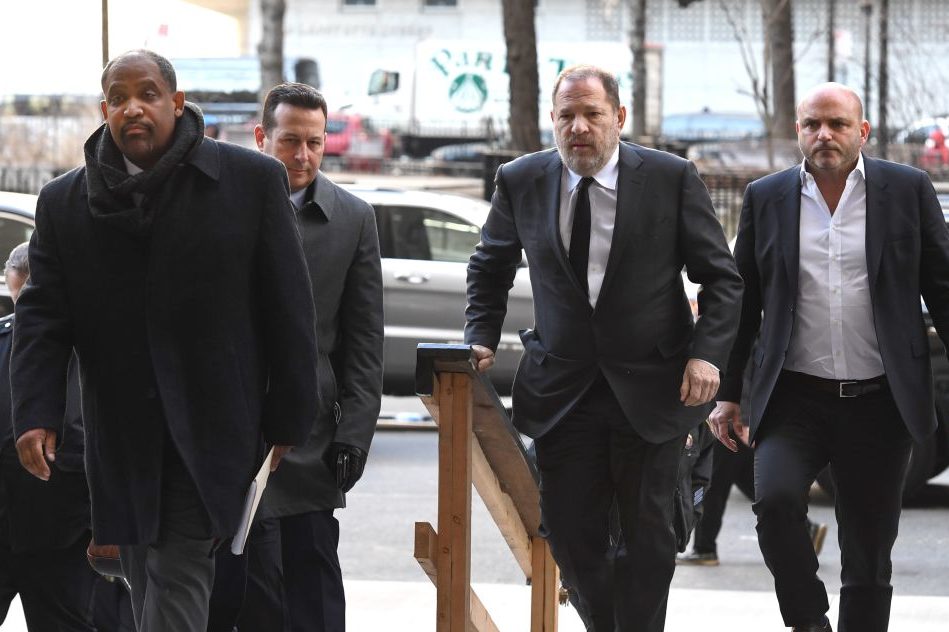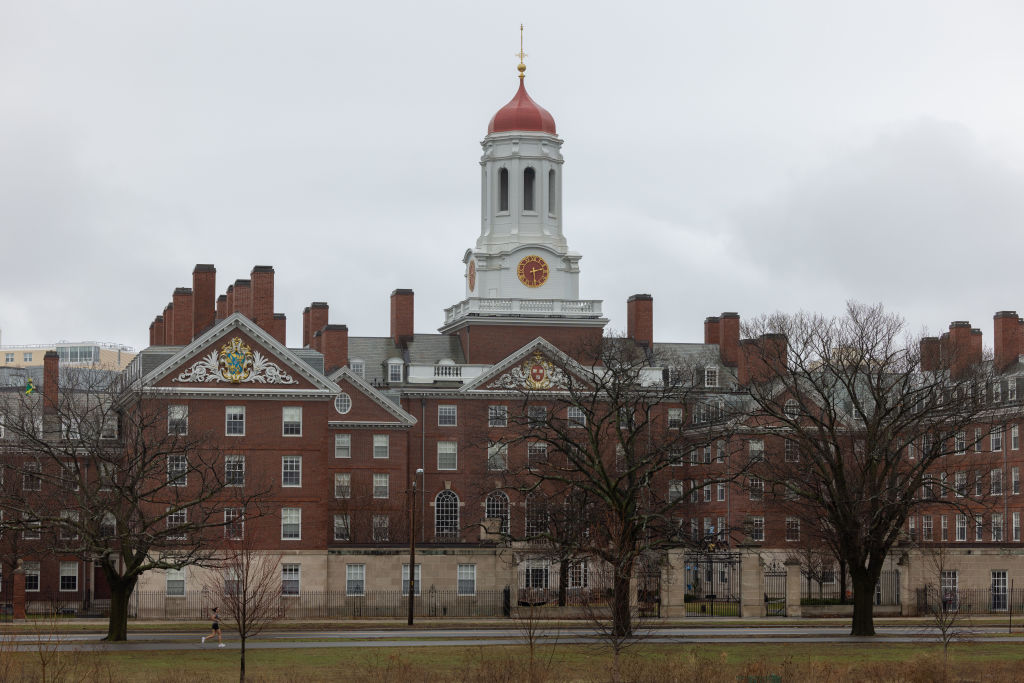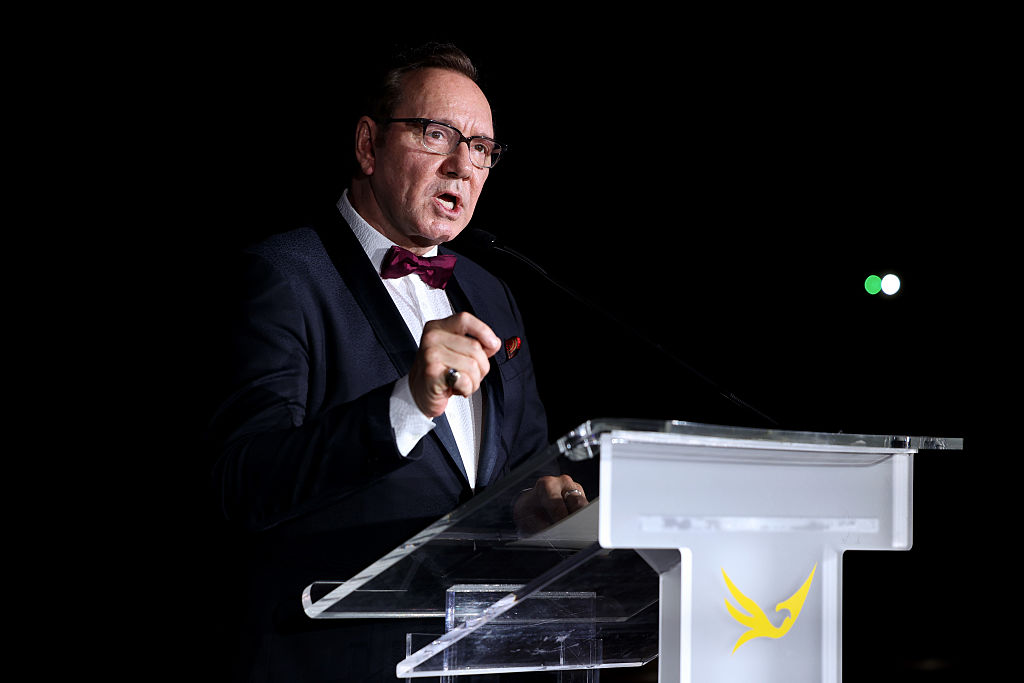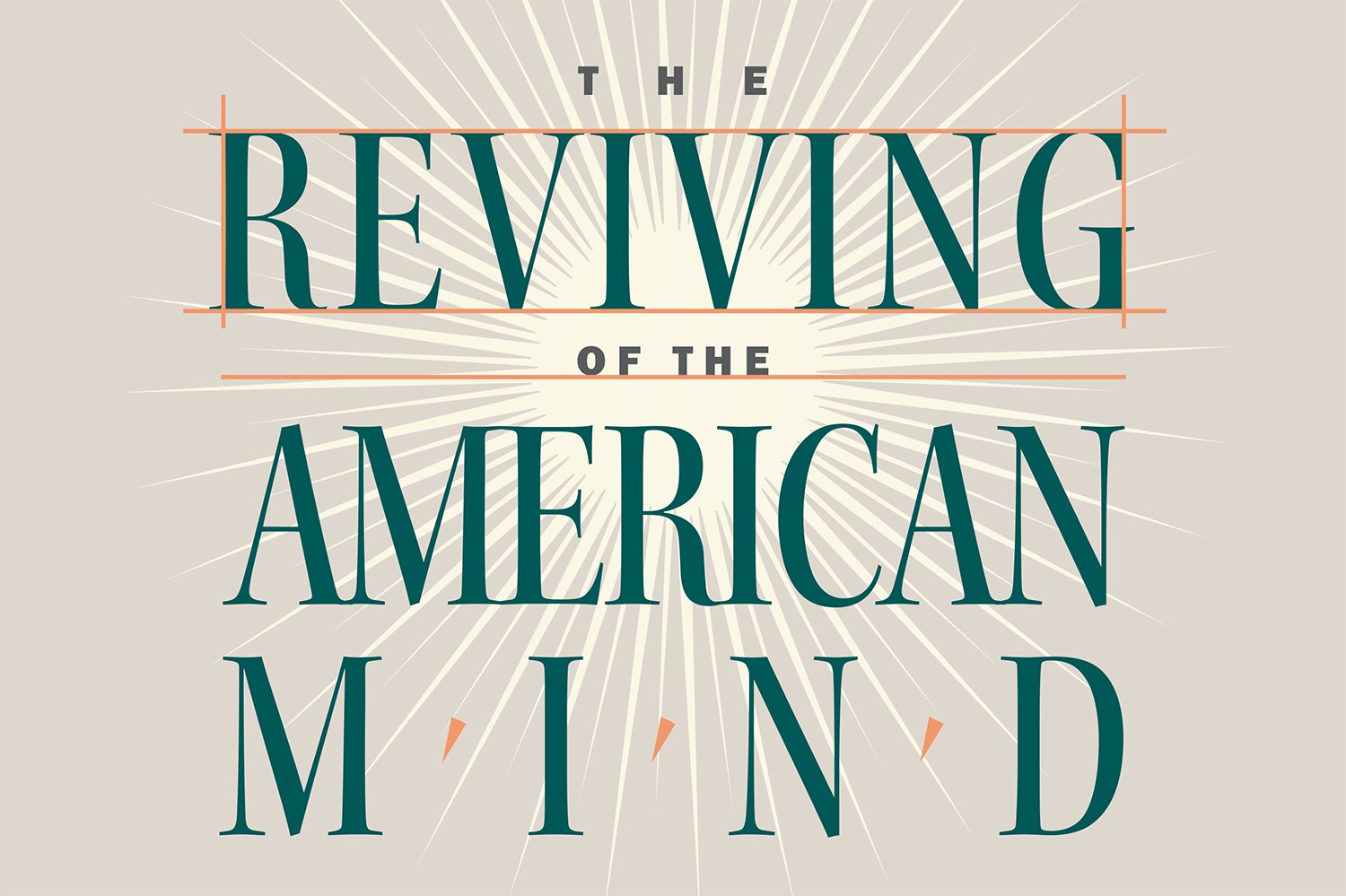‘In 55 years of association with Harvard, I can’t remember a worse violation of academic freedom than this one. And Harvard has had a few,’ Alan Dershowitz tells me in this week’s Censored in the City podcast.
https://audioboom.com/posts/7260600-is-there-still-academic-freedom-at-harvard
Activists on the left have been working hard to change definitions and distort values for some time. We shouldn’t be surprised that they’ve started succeeding. At first it was simple. One word at a time, like how you define the meaning of safety or assault. Then it became about bigger ideas. The left, who once championed free speech and academic freedom, began distorting how we should think about and advocate for those values. Now we’re seeing the consequences of those two threads come together.
In the world of the woke, editors need not edit because it’s really a mob on social media that has final say of what gets published where. Actors need not act because that same group has decided that ‘stealing narratives’ is a problem in need of solution. Administrators need not administer because crucial decisions on campus are really made by disgruntled students. Lawyers need not defend their clients because guilt is now determined by a group utterly unqualified to make such determinations, and the guilty, in this brave new worldview, do not deserve representation.
It’s the last nonsense in that list that’s causing the brouhaha this week. Over the weekend, Harvard announced that Ronald S. Sullivan and his wife, Stephanie, would cease to be the faculty deans of Winthrop House, a residential house for Harvard undergrads.
‘The Houses serve as the foundation for the undergraduate experience at Harvard College,’ the Dean of Students Office’s website tells us. These 12 undergraduate micro communities have their own libraries, dining halls, and gyms.The Harvard Crimson notes that faculty deans like Sullivan are charged with ‘creating a home for students beyond that of a dorm’, and that ‘for three out of their four years at the College, most students eat, sleep, and socialize in their house’.
One might thus logically conclude that Sullivan’s removal was due to his somehow impeding the ability of his students to eat, sleep, or socialize in Winthrop House. Instead, Sullivan’s removal was spurred by something far more sinister, at least where the disgruntled students who now control Harvard and other elite universities are concerned.
Sullivan, who teaches at Harvard Law school and who was the first African American faculty dean at Harvard, announced in January that he was joining Harvey Weinstein’s legal team. In this political climate, where the #MeToo movement has the power to end careers and change power structures, students were predictably horrified. Needless to say, Sullivan’s defense of Weinstein seemed to provoke far more agita than his defense of Aaron Hernandez who, as my colleague Toby Young pointed out, is a former New England Patriots player who was accused of a double murder.
Sullivan was not blind to the fact that many of his students were horrified by his decision. He did not run from conflict, but instead invited concerned students to come and discuss their questions and objections. When asked to explain why he felt motivated to join Weinstein’s team, Sullivan apparently told students that he believes this case will set new precedent for what kind of information is necessary to prosecute people for assault, and that he feels that those who will be most affected by these changes will be low-income black men. But even this inarguably liberal motivation was not sufficient to quell the mob: students were not willing to accept Sullivan in this sort of leadership position, so long as he was defending a man accused of a horrific assault.
If that were all there were to this story, battle lines would be clearly drawn and Harvard’s actions would be unquestionably immoral and counter-intuitive. When you’re charged with educating the nation’s elite and decide that the lesson to teach them is that only appealing characters deserve legal representation, something has gone badly wrong.
And yet, from looking a little closer at the reality on the ground, it appears things may have gone badly wrong in Winthrop House long before Sullivan began representing Weinstein, and long before students were outraged about that representation. A thorough Crimson article makes clear some unpleasant truths: more than ten current and former staff members of Winthrop house told the Crimson that they had long experienced ‘a climate of hostility and suspicion’ while working for Sullivan.
My initial instinct was to believe that these staff members were reflecting on their experiences entirely through the lens of the current Weinstein controversy. It’s easy to get swept up by the anger and outrage and make accusations to corroborate unfair assessments. Alas, Sullivan’s unpopularity seems to pre-exist the current brouhaha. Per the Crimson, since 2016, ‘more than a dozen Winthrop tutors, students, and staff have brought concerns about Sullivan and Robinson to college administrators in meetings, emails, and reports’. (A tutor in this context is typically a graduate student who works for the house as something akin to an adult RA).
Three years ago, 13 staff members threatened to quit over displeasure at interpersonal dynamics in the house’s leadership. Most concerning are the numbers: The Crimson reports that in the ten years since Sullivan became the faculty dean at Winthrop, the 11 other undergraduate houses have had on average either one or two House Administrators. Further, in 2018, ‘the average tenure of a non-Winthrop House Administrator was 9.45 years’.
The data within Winthrop is startlingly different. During that same time period, Winthrop had nine house administrators. None of this is to say that Sullivan is a villain who is prone to poor decision making. He is unquestionably a man of great talent who has earned a reputation for wisdom and prestige. It is, however, illustrative of the fact that there were grievances about Sullivan’s ability to perform his role at Winthrop long before he took on Weinstein’s cause.
What should be clear to anyone who believes in our legal system, in which, everyone has the right to a lawyer, and everyone is presumed innocent until proven guilty, is that a faculty dean at Harvard who chooses to defend the indefensible should be lauded, not chastised. If his charge is to create a community and lead by example Sullivan has done just that. The message to students that the court of public opinion is no replacement for judge and jury has never been more important. It’s unfortunate that the potency of that message is being diluted due to conflicting reports about the nature of the standard bearer.

























